https://www.fizzicseducation.com.au/wp-content/uploads/2022/12/Liquid-nitrogen-cloud-1920-x-200px-dark-blue-wash.jpg
Madlab Electronics
Solder circuits and apply your knowledge of electricity
Make your own electronic circuit to keep!
Using soldering irons and appropriate safety equipment, your school classroom becomes a hive of activity as students construct their own electronic device using real electrical components.
Whilst constructing circuits, your students will learn about capacitors, resistors, diodes as well as how electronic circuit boards are manufactured in the real world.
The kits have been designed by Madlab and have been used by the Edinburgh Science Festival.

Australian ACARA Content Outcomes:
Science
Electrical circuits provide a means of transferring and transforming electricity (ACSSU097)
Energy from a variety of sources can be used to generate electricity (ACSSU219)
Scientific understanding of current electricity has resulted in technological developments designed to improve the efficiency in generation and use of electricity (PW3)
Energy transfer through different mediums can be explained using wave and particle models (ACSSU182)
Collaboratively and individually plan and conduct a range of investigation types, including fieldwork and experiments, ensuring safety and ethical guidelines are followed (ACSIS125)
Australian National Curriculum Mapping for all our science workshops & shows
NSW Science Syllabus Content
A student:
applies models, theories and laws to explain situations involving energy, force and motion SC5-10PW
discusses how scientific understanding and technological developments have contributed to finding solutions to problems involving energy transfers and transformations SC4-11PW
explains how scientific understanding about energy conservation, transfers and transformations is applied in systems SC5-11PW
PW3
Scientific understanding of current electricity has resulted in technological developments designed to improve the efficiency in generation and use of electricity.
Students:
describe voltage, current and resistance in terms of energy applied, carried and dissipated
describe qualitatively the relationship between voltage, resistance and current
compare the characteristics and applications of series and parallel electrical circuits
outline recent examples where scientific or technological developments have involved specialist teams from different branches of science, engineering and technology, eg low-emissions electricity generation and reduction in atmospheric pollution
NSW K – 10 Science Syllabus mapping for all our incursions
Science workshop experiments
Electronic kits that can be made to keep include:
Appropriate for Years 7 to 10
Access to 3 electrical power sockets and at least 6 tables
Chairs are not required but useful.
Duration 90 mins.
Set up time 45 minutes and pack up time 30 minutes.
Soldering irons are used; safety precautions are taken however it is still the school responsibility to choose students who are suitable for this program
During Social Distancing – Contact us
and we’ll tailor a program to suit both your school and the State’s social distancing requirements. Further details here
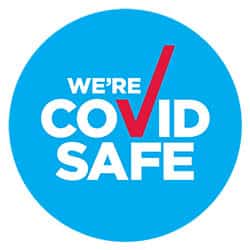
Did you know about our larger stage shows?
Designed to engage groups of up to 240 students, pair this workshop with one of these school favourites!
Big Science Big Fun
tick tick BOOM!
Destination Moon
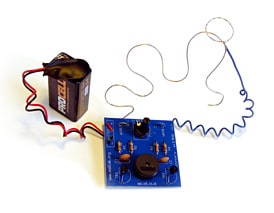
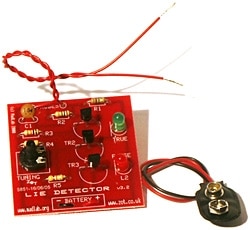

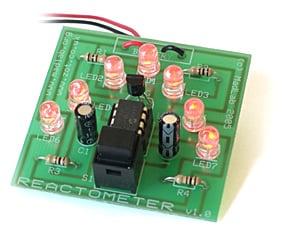
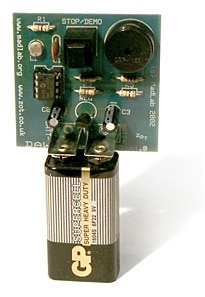
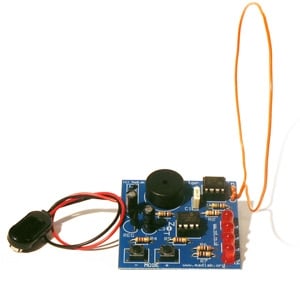
















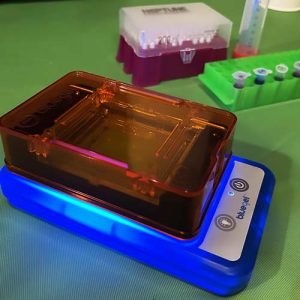
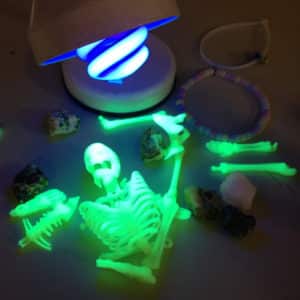




I just wanted to pass on how much the staff and students really enjoyed it and how perfect it was to launch our science week activities. The students were enthralled, educated and entertained – a perfect trifecta!
-Caulfield Grammar School – Big Science Big FunThanks so much for presenting at our school on Monday. Our students enjoyed the show.
-Greenvale Primary School – Big Science Big FunFizzics Education curated a thoughtful and hands-on experience for the children, incorporating practical, skill-based learning activities and followed by a science presentation at the end of the event involving liquid nitrogen. This was delivered safely and effectively, capturing both the children and the parents for the duration of the presentation.
-Macquarie Bank – Family Fun DayFizzics Education ran a show today at our school and it was wonderful. He was a great facilitator and the show was age appropriate and well done.
-Mount Zion Early learning centre – Little Science Big FunI just wanted to pass on how much the staff and students really enjoyed it and how perfect it was to launch our science week activities. The students were enthralled, educated and entertained – a perfect trifecta!
-Caulfield Grammar School – Big Science Big FunThanks so much for presenting at our school on Monday. Our students enjoyed the show.
-Greenvale Primary School – Big Science Big FunFizzics Education curated a thoughtful and hands-on experience for the children, incorporating practical, skill-based learning activities and followed by a science presentation at the end of the event involving liquid nitrogen. This was delivered safely and effectively, capturing both the children and the parents for the duration of the presentation.
-Macquarie Bank – Family Fun DayFizzics Education ran a show today at our school and it was wonderful. He was a great facilitator and the show was age appropriate and well done.
-Mount Zion Early learning centre – Little Science Big Fun